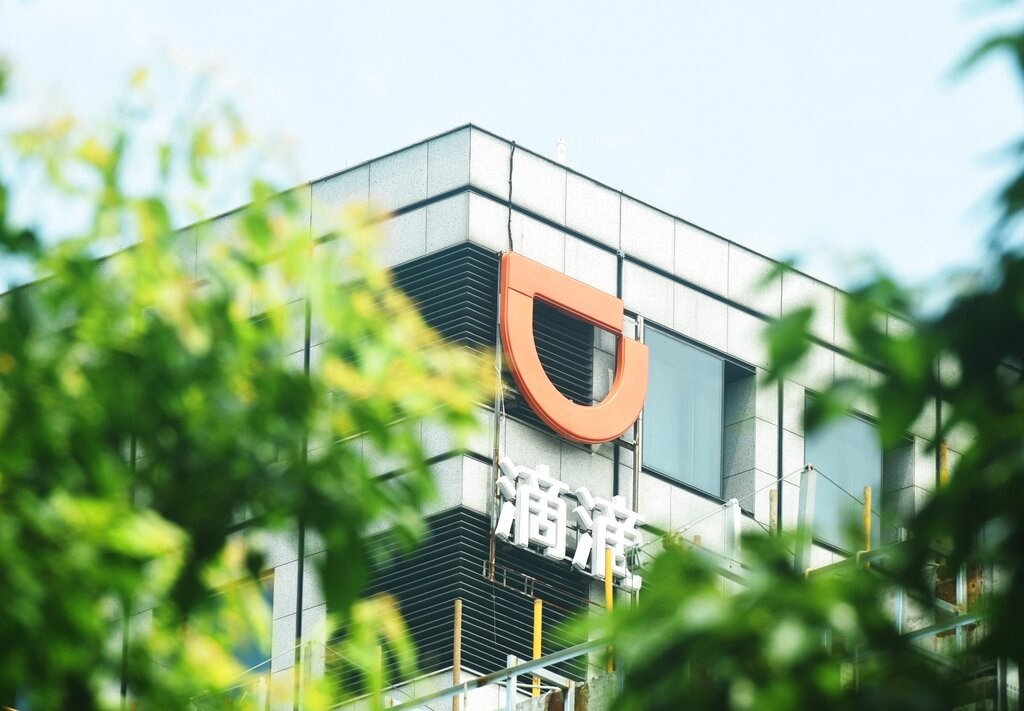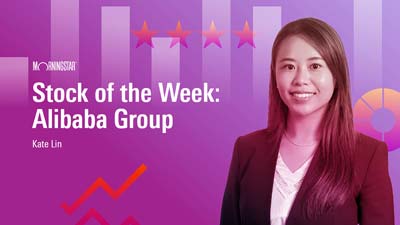
1. What Happened After Didi Global’s Probe?
This week the Chinese regulator proposed to require domestic companies that seek to list overseas to undergo cybersecurity reviews. Applied to companies holding data on more than 1 million users, such rules, if enacted, would apparently impact internet giants the most due to their business strategies that rely on users’ data.
The statement was made by the Cyberspace Administration of China just days after the abrupt halt of Didi Global Inc.’s US$4 billion IPO. The regulator, which is also the entity that initiated the data security probe last week into Didi, flagged the risks that tech firms possessing personal information could be “affected, controlled, and maliciously exploited by foreign governments.” The reviews are also intended to detect additional national security risks.
2. Where Are the ‘National Security Loopholes’?
New concerns over cybersecurity points to an impasse between the US and China over auditing and compliance standards.
For some time, any US-listed foreign companies need to be audited by a US-approved auditor. The US Senate recently passed a bill that would allow the US Securities and Exchange Commission to suspend companies from trading if they do not comply with audit rules for two straight years instead of three.
The preparation of reliable and independent audit reports is fundamentally to safeguard the interests of investors and public interest, according to the Public Company Accounting Oversight Board. The board has been voicing a lack of access in China and it turned more vocal after the fraud of Luckin Coffee (LKNCY). The largest coffee chain in China was found fabricating its sales records; this was a wake-up call for regulators to tighten oversight for non-compliant companies. From the Chinese authorities’ perspective, the request for information may have crossed the line, triggering national security concerns.
At the height of US-China political tussles, China is wary of companies that aren’t owned by the state to share information with the US, which has labeled it a ‘strategic competitor’.
“The data collected by these companies are not even directly associated to national secrecy and seemingly unrelated to politics, too,” according to Chelsey Tam, Morningstar’s senior equity analyst covering the Chinese tech sector. She says, for example, that online recruitment company Boss Zhipin (BZ) and truck-hailing mobile app Full Truck Alliance (YMM) were also under investigation for suspected breaches of national security and cybersecurity laws. Both companies listed in New York last month.
3. Chinese IPOs Are Likely to Come Home
Based on the Didi case, other Chinese companies planning for a debut will weigh the risks and likely turn to markets closer to home, says Lorraine Tan, Morningstar Director of Research for Asia.
It is anticipated that most of the 200-odd Chinese companies that are currently listed in the US will consider delisting.
The impasse between the US and China would bring mainland companies to home. “There is limited visibility that the two countries are to come up with feasible resolutions on the audit impasse. Homecoming IPOs would thus accelerate”, added Tan.
4. Who Will Benefit from More Local IPOs?
Morningstar analysts say US delistings would be a major tailwind for Hong Kong Exchange and Clearing (HKEx, 00388), which operates one of the most popular exchanges.
Michael Wu, senior equity analyst at Morningstar who covers HKEx, says “Hong Kong’s exchange is still a very attractive location for Chinese corporates. And this attractiveness will also prevail even more with an active IPO pipeline and secondary trading.”
When asked if the exchange can handle a meaningful influx of listings, Wu believes the bourse will have enough capacity in hosting the home-returning mega-caps.
“The market itself has deep liquidity, both from a daily turnover and turnover velocity perspective. We think that, if those listings come home gradually, the market will be able to absorb that. Also, the exchange has been making progressive changes to its listing policies, like changes in weighted voting rights to accommodate dual-class stocks and pre-revenue companies.”
On the issuer side, he isn’t worried that listings will arrive all at once and overwhelm the market as they will “primarily take reference to historical IPO pipeline and fund-raising amount to plan for upcoming debuts”.
From a broader angle, Wu says Hong Kong is set to benefit as well.
The financial sector is a bellwether for the city’s economy. Increased fund-raising activities would fortify the local financial community, and bolster confidence in other professional services, such as law firms. This would ultimately have indirect yet positive impacts to office rental and consumption, he concludes.
5. Other Than Didi, Who Will Be Hurt by US Delistings?
Dual-listed or US-listed tech firms like Alibaba (BABA) will affected, too. It is reflected in rounds of correction across the board.
Chelsey Tam expects near-term sentiment surrounding Chinese tech giants to remain rather dented: “A series of recent regulatory actions from the Chinese government send a clear signal that regulatory risks of Chinese Internet companies are not over.”
She advises that investors should not underestimate the possibility of the scrutiny over mainland companies that do not intuitively have very comprehensive and sensitive data, for example the recruitment company and a truck-matching platform mentioned above.
“The Chinese government knows well that data is the ‘new oil’. The better information one possesses, the better business, growth and profit one is possibly going to attain. It’s no surprise that they want to put an end to issues arising from the sector’s exponential growth over the past 10 years. Like individuals’ data privacy, back then, relevant regulation wasn’t as accessible as today on a global scale.”
This scenario presents medium-term uncertainty and volatility. As of today, the regulator has provided limited clarity into whether they will undergo similar probes into other companies, which company will be next in line, and what the characteristics are of companies that are prone to a violation.
With that said, the government has been delivering concerted rhetoric regarding tech and innovation “From the state and development aspects, ‘platform economy’, cloud servicing and other research and data-heavy innovations are of strategic importance,” Tam continues. Therefore, she disagrees with the idea that an enhanced regulatory framework would lead to the demise of Chinese tech names.
©2021 Morningstar. All rights reserved. The information, data, analyses and opinions presented herein do not constitute investment advice; are provided as of the date written, solely for informational purposes; and subject to change at any time without notice. This content is not an offer to buy or sell any particular security and is not warranted to be correct, complete or accurate. Past performance is not a guarantee of future results. The Morningstar name and logo are registered marks of Morningstar, Inc. This article includes proprietary materials of Morningstar; reproduction, transcription or other use, by any means, in whole or in part, without prior, written consent of Morningstar is prohibited. This article is intended for general circulation, and does not take into account the specific investment objectives, financial situation or particular needs of any particular person. Investors should consult a financial adviser regarding the suitability of any investment product, taking into account their specific investment objectives, financial situation or particular needs, before making any investment decisions. Morningstar Investment Management Asia Limited is licensed and regulated by the Hong Kong Securities and Futures Commission to provide investment research and investment advisory services to professional investors only. Morningstar Investment Adviser Singapore Pte. Limited is licensed by the Monetary Authority of Singapore to provide financial advisory services in Singapore. Either Morningstar Investment Management Asia Limited or Morningstar Investment Adviser Singapore Pte. Limited will be the entity responsible for the creation and distribution of the research services described in this article.












.png)





.jpg)





